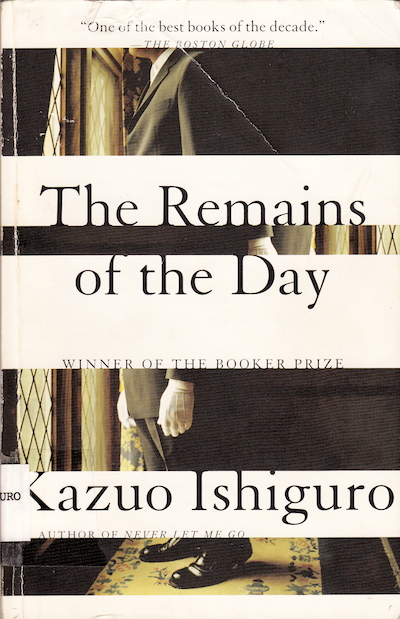I almost chose to not write about Women, Work, and the Art of Savoir Faire. Why? Because, quite frankly, yet another the-French-do-it-better-than-us book is overkill in American society, but also her other books perpetuate ideas about how a person is only worthy if they’re thin and traditionally acceptable to Western Society. This book has some of that bias too. There is a section on presentability.
But here’s the thing: somehow, sometimes, you need to be reminded in the right way that the point of work is getting things done, and you need to both believe in what you are doing and it has to match your skill set. This book worked as a good reminder for me about that.
I still skipped a fair bit of this – I never want to manage other people again, so that chapter wasn’t relevant – but it did give me some motivation I was lacking, and that’s not a bad thing.


